Want to build your personal brand on social media?
Don’t put all your digital eggs in one basket.
If you’re in the digital age, you have a personal brand, whether you know it – or like it – or not.
And social media plays an “absolutely crucial” role in that, says Carolyn Hall, brand economist at City Hall Consulting. “It’s the very first place people will look to see who you are.”
Uh, no idea who that is? You need to take a marketing deep dive to “figure out who you are, what you want to be seen as, and what values you want to portray – while being authentic and developing that online.”
But how do you stand out when everyone and their French bulldog is on Instagram?
Can social media really make or break your brand? And what do you do if your hard-earned brand disappears overnight? (Here’s looking at you, TikTok).
How many social media accounts do I need to build a personal brand?
“The thing to remember with social media is you’re playing on rented land,” says SMPerth director Meg Coffey. “That’s what we saw with the threat on TikTok. You see these kids who have built a huge following solely on that platform – but what happens when that gets taken away? Diversification is about not putting all your eggs in one basket.”
The average Australian uses 6.2 social media accounts (incidentally, that’s one of the lowest rates worldwide). But Meg urges you to consider, “How many can you handle, how many can you honestly do well?”
Of course, different platforms offer your brand different angles to shine.
“You can be multifaceted and show a visual representation of your brand on Instagram, and a more mindful business approach on LinkedIn,” says Carolyn. “It’s also dependent on age.”
But just because you’re not active on all the latest social media platforms, doesn’t mean you can’t use them to your advantage. Even though TikTok may make you feel like a chaperone at a high school dance – where the kids are really, really good at dancing – go over there and claim your username anyway. Then optimise that account by providing key info and a link to your website. It’s an easy backlink for SEO intents, and it also keeps potential clients enmeshed in your digital world.
“If I need to Google you, that allows me to find competitors,” says Meg. Having the link right there helps me stay within your ecosystem.”
Can every profession use social media to build a personal brand?
Instagram isn’t just for babes in bikinis. LinkedIn isn’t just for recruiters. “Look at Dr Nikki Stamp,” says Carolyn. The Perth-based heart surgeon has “completely built her brand on Instagram” using info-packed captions and lighthearted content like ‘Mythbusting Mondays’. “If you’re in surgery – which is dry and full of nerds – and you can build a brand on Instagram, anyone can.”
According to Meg, “there is plenty of space for new voices. What’s a gap you can fill? Find your niche then go and own it and be yourself, be authentic.” Lawyers could use LinkedIn to pen articles that humanize them. An accountant might use LinkedIn to write articles on Covid-19 tax breaks – then share it to Instagram with a visual and a punchy caption. Think outside the Instagram square to create content that connects and gives value to people.
How can social damage a personal brand?
“Every employee is a spokesperson for the business they work for, whether they like it or not,” says Meg. “Your personal brand is important – and can impact your boss and impact your future prospects.”
Says Carolyn, “I use the grandma rule – if you wouldn’t do it front of your grandma, don’t do it on social media. It’s a bit of a litmus test.” Employers do look you up on Facebook, she warns, so “if you want to get up to shenanigans, make your Facebook private.” Consider changing that sexy profile picture, too, she says.
While a picture of a drunken night out may turn off employers, businesses have even more at stake. An insensitive post can see you lose customers for life – like when ethical fashion brand Reformation posted a model languidly posing in her $200 dress, while factory workers toiled behind her.
Keep up with the news to avoid tone-deaf commentary (think: posting a shot of a shipping container, just hours after a man was crushed to death by one, as actually happened to Meg.)
And think before you comment on other people’s posts or pictures. “You’re allowed to have an opinion, people want you to have an opinion,” says Meg. “But you have the potential to ruin yourself.” A comment on a Facebook post isn’t just that: “It’s a comment on who you are as a person to the outside,” says Carolyn. And the digital footprint of an angry rant can long outlive the heat of the moment.
How can a personal brand be monetised?
It depends. “For me, it’s monetized when people find me and hire me to do consulting work,” says Carolyn. “Someone like Nikki Stamp promotes her book through social media, so people end up buying something physical.”
According to Meg, “Your website should be the number one focus – you own that, you own the domain, you own the email database.” Rented land may be great for meeting potential customers – but ultimately, you want to bring them home.



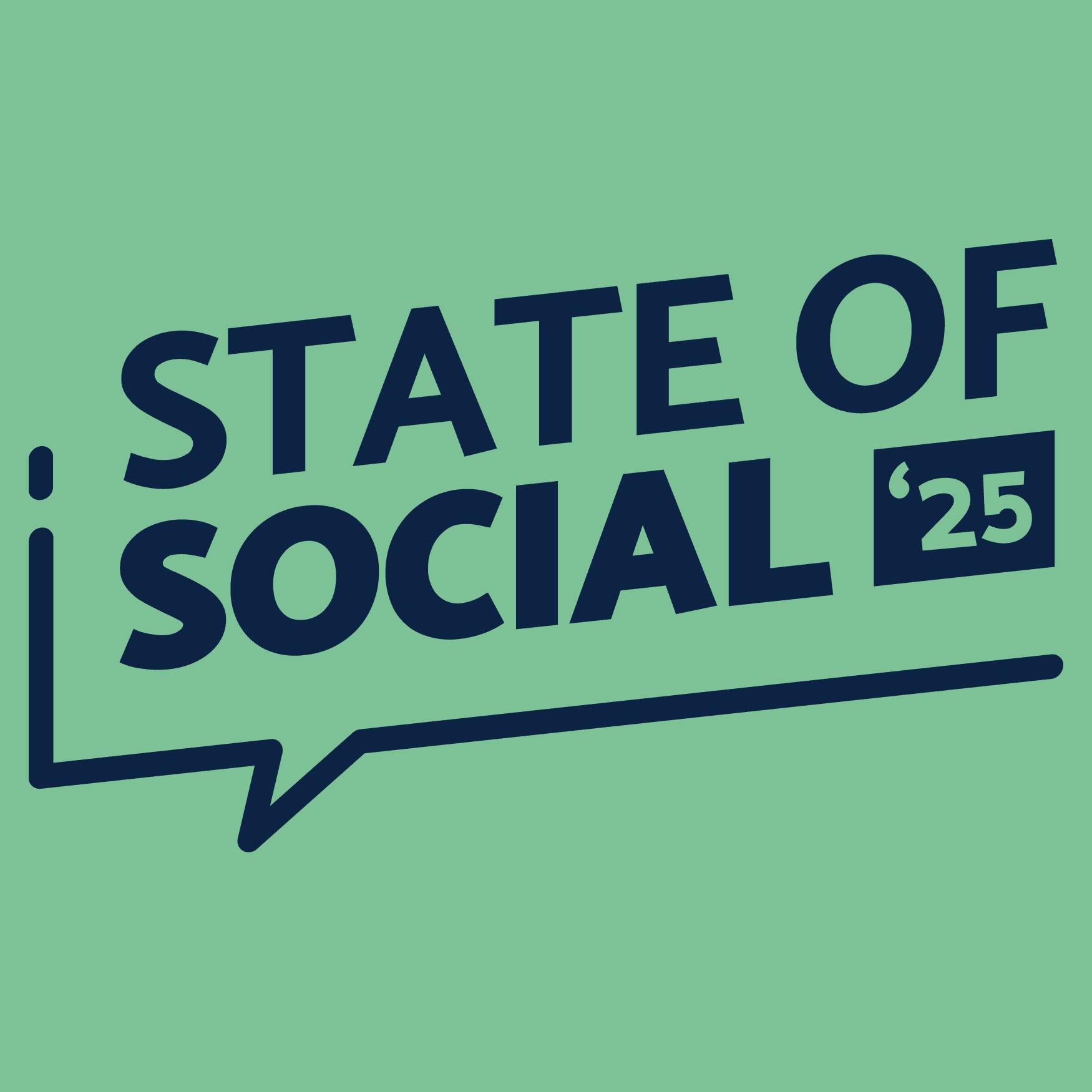
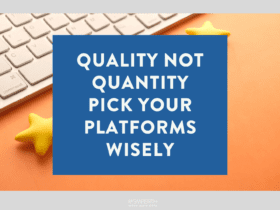
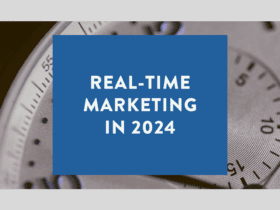
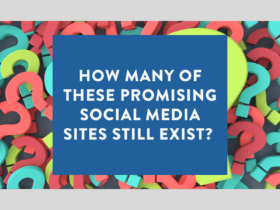
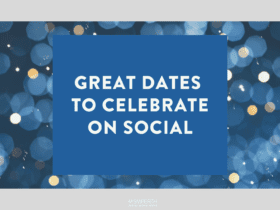
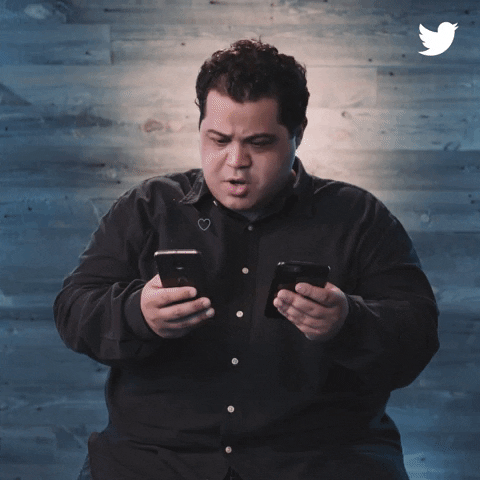
LET’S CONNECT